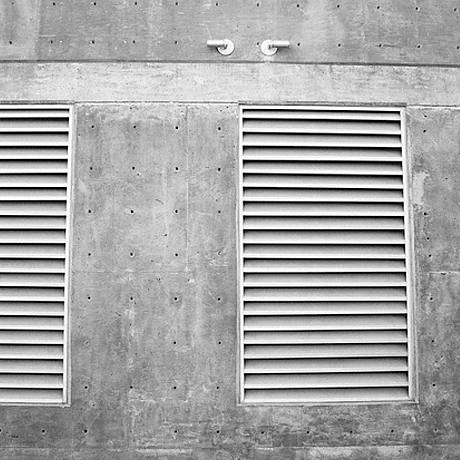
A working air conditioning system equals happy people. Household occupants are comfortable, the workplace is productive, and temperature-sensitive machinery is content. Unfortunately, we tend to ignore this system, only feeling a tingle of panic when seasonal heat becomes intrusive. Opening a window or a door won't help, nor will a fan. The only solution is to call out the AC repair engineers and get the equipment working again.
Comfort and peace of mind is lost to air conditioning problems, replaced instead by thoughts of an expensive system replacement. On the bright side, these events can be predicted and even prevented if we know a little about the equipment. A little knowledge goes a long way and can detect AC problems before before they become major system catastrophes.
If the entire air conditioning system has stopped, it only takes a few words on the phone to explain the situation, but, wouldn't you just know it, these problems are often a lot more complex to troubleshoot. One case that quickly jumps to mind is a situation where everything appears to be working but the building is getting hotter by the moment. Fans are operating and air is circulating into the room through the vents, but a line of sweat is building on everyone's brow. This is a tough issue to diagnose, but there are several subsystems that the engineer will check. A coolant leak or a sensor problem are the likely culprits, which means the technician requires both mechanical proficiency and knowledge of electrical systems to deal with this scenario.
Use all five senses to list important information when air conditioning problems begin. A squealing noise, for example, indicates the area in which the air conditioning problem is happening. The problem is likely related to a bearing in the fan, the breakdown of a component that handles friction. This compromised component places stress on equipment, leading to shorted circuit breakers and permanent damage to the electrical motor.
Finally, if the building manager or homeowner has direct access to the air conditioner, don't touch anything but do make note of obvious trouble. A fluid leak indicates damage to the housing, a possible corrosion incident that results in lost refrigerant. The system will become unstable if this happens, a scenario that will present itself as a frozen evaporator coil or a complete cessation of activity. Look to see if the fan has stopped or condensate liquid is leaking. And, on top of contacting a qualified and certified AC repair company, ask about a scheduled maintenance plan, a strategy that will check for these issues and more on a regular basis.
Phone: 1300 672 235
Operating Hour:
9:00am to 5:30pm (Mon-Fri)
Service areas - Suburbs
Email: subcool@bigpond.net.au
Optimized by NetwizardSEO.com.au